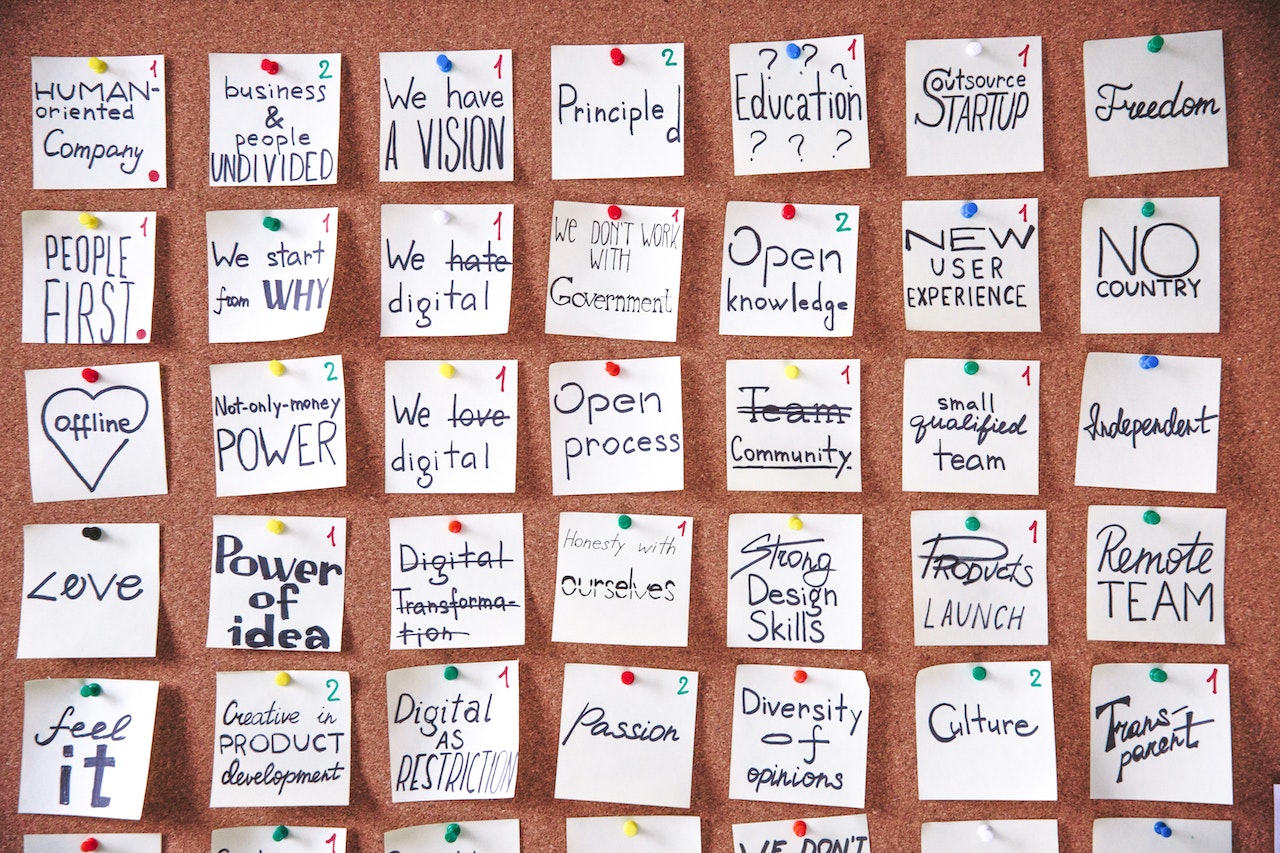
Let's talk about priorities
In other articles I have talked about how to prioritize using the AA, A, B and C method, in which you assign the letters AA, A, B, C to your activities according to their level of IMPORTANCE. AA is given to activities that are 100% important (be careful! not urgent, but important), A to those that are still important, but not as important anymore (75% of importance), B is 50% important, C is absolutely not important anymore, i.e. 0%.
And this situation with my STUDENT reminds me of what once happened in a session. She had recently been promoted to manager at another branch of her corporation, she had to move to another city and well! A whole process full of changes! And I remember that in that session she told me that the HR people were asking her to send them certain documents to update her file. “But I’m not going to do it because for me that’s a C, for them it’s an A, but for me it’s a C, so I’m not going to do it!” she told me, and then she added, “but it stresses me out because they’re bothering me and bothering me with it! I’m not going to do it because for me it’s a C activity, but it stresses me out that they’re bothering me with it!” As an advisor, I can’t tell her what to do, but my duty is to ask the necessary questions to help her make the most appropriate decision, so I told her, “Sounds great, now… it’s just a supposition: in the hypothetical case that you decided to send the documents, how many minutes would it take you?” And she replied, angry and annoyed by the matter: “Well, about 15!”, but when she realized that an action that only took her 15 minutes separated her from her peace of mind (and in the process she was going to help her colleagues complete their processes), she told me “I’ll send them when I get back from lunch.” She came back, sent them and that was it.
Many times our priorities are not the same as the priorities of others. But it is also very important to see how much we are causing other processes to stop or get slowed down simply because we DECIDE not to pay attention, because we choose to prioritize other things. In my team sessions, I use an activity that makes people empathize with each other. It is a dynamic in which, in pairs, they ask themselves “what do you need from me to do your job better?” and by listening to their colleagues, they learn a lot about the other processes, it allows them to get out of the bubble of their own world, and expand their vision. When this dynamic is experienced, people are surprised by how closely the processes are linked to each other, things like “I didn’t know that if I took a day to send the work to my colleague, it meant a delay of three days.” Knowing how much your collaboration (or lack thereof) impacts the processes of others will make you think twice before deciding to give a grade of C to an activity that for another is AA.
I remember a former director of a business association. One time when we were talking, she told me “I’m going to call so-and-so to ask him about such and such a matter, in fact, I’m going to do it right away” and she picked up the phone, dialed, made the query and that was it! She resolved it in less than two minutes with just one call. For her it wasn’t anything important, in fact, it wasn’t even on her mental map, but her call helped to unblock another matter, and it only took two minutes to make a difference.
I have told you this repeatedly: a manager, or a boss, or a director, is doubly responsible for the use of his time, because he is responsible for HIS own time, but also for the use of the time of others. Helping out by attending to someone else's AA will take you less than 15 minutes most of the time. Seriously, it makes a big, big difference, and it doesn't represent that much "wasted" time for you (and also, they stop bothering you all the time, collateral gain).
If you constantly have several people asking you and reminding you about “their business” (a signature, a document, a design, an email, an e-mail, whatever) and you are more stressed because they are constantly nagging you than because of what you really have to do, then, without a doubt, you need to learn to prioritize, but also to empathize with others. And coaching helps you achieve both.
Thank you for reading me.
– Dr Roch



